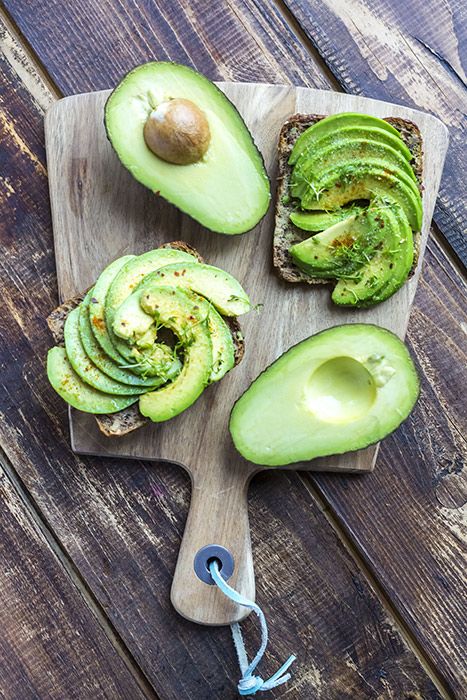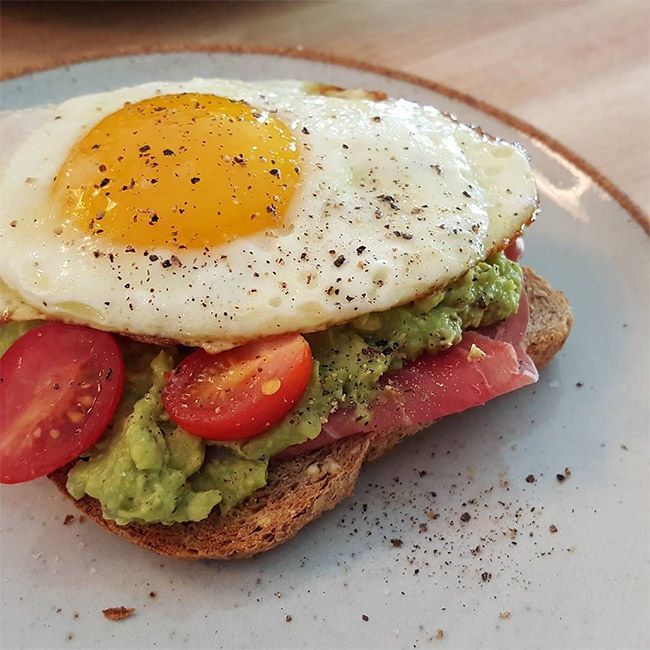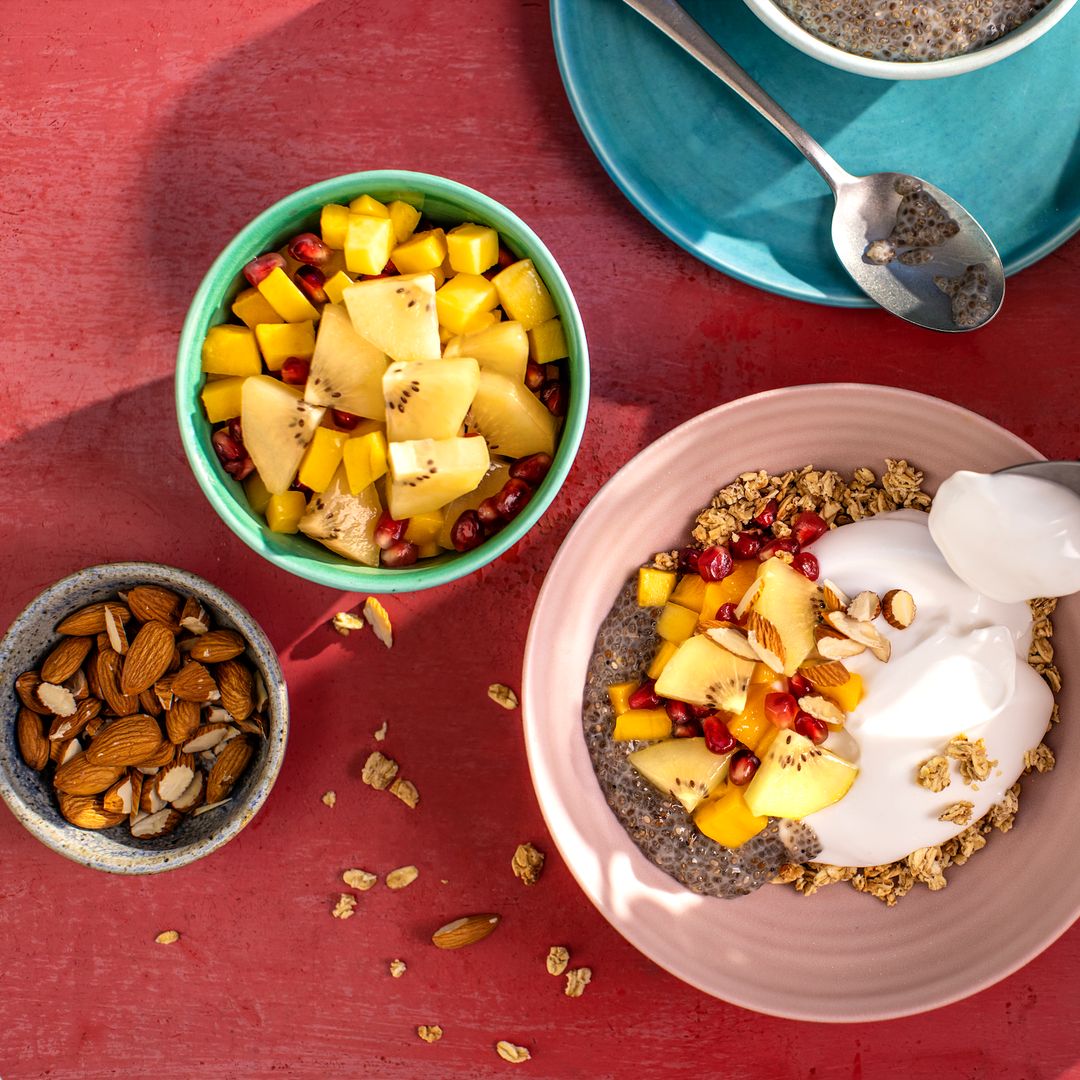Our obsession with avocado shows no bounds; whether it's slathered on toast or mashed into guacamole, our attitude is generally the more the better. However, too much of a good thing could actually be bad for us, according to a registered dietician. Although they're packed with healthy fats, fibre and protein, that doesn't mean we can eat as many avocados as we like.
In fact, the proper serving should actually just be around one quarter of an avocado, rather than the half or even entire avocado many of us could easily consume in one sitting. As Michelle Alley, a nutritionist at iFit, told SheFinds: "When people are struggling to lose weight and their diets are full of 'healthy' foods, so often the problem lies in the portion sizes and this is a big issue with avocados."
Eating too much avocado can be unhealthy
The nutritionist also recommended trying to view avocados as more of a healthy fat like olive oil, rather than a fruit, which is a good way to keep your portion sizes in check. Alternatively, you could try adding in other healthy foods such as poached eggs or roasted peppers to your meal, so you should consume less avocado and balance it with fresh vegetables and protein.
STORY: Here's how eating pasta could actually help you to lose weight
While one of our favourite nutritious treats is actually less healthy than once thought when we consume too much, pasta lovers were recently thrilled to learn how the carbohydrate-rich food could actually help to aid weight loss as part of a low-GI diet.
Chrissy Teigen said avocado is one of her go-to breakfasts
A study, published in BMJ Open, assessed the impact of pasta consumption on the body weight and BMI of 2,488 participants from 30 randomised control trials. The people who took part in the study typically ate 3.3 servings of pasta a week instead of other carbohydrates, and maintained a low-GI (low-glycaemic) diet.
MORE: See the latest healthy eating inspiration here
Although it is typically thought of as a refined carbohydrate, pasta has a low-GI, which means it affects your blood sugar levels at a lower spike compared to other carbohydrate such as white bread. And researchers from St Michael's Hospital in Toronto discovered that the participants who ate pasta along with a low-GI diet actually lost a small amount of weight.









